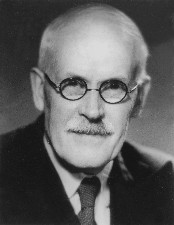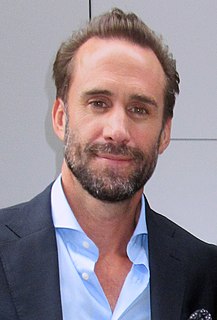A Quote by Martha C. Nussbaum
Economists get impatient with philosophy. They are often trained as skilled mathematicians. They don't like going back to ordinary language and first principles.
Related Quotes
We find sects and parties in most branches of science; and disputes which are carried on from age to age, without being brought to an issue. Sophistry has been more effectually excluded from mathematics and natural philosophy than from other sciences. In mathematics it had no place from the beginning; mathematicians having had the wisdom to define accurately the terms they use, and to lay down, as axioms, the first principles on which their reasoning is grounded. Accordingly, we find no parties among mathematicians, and hardly any disputes.
It is often sadly remarked that the bad economists present their errors to the public better than the good economists present their truths. It is often complained that demagogues can be more plausible in putting forward economic nonsense from the platform than the honest men who try to show what is wrong with it.
I wanna get back To the old days When the phone would ring And I knew it was you I wanna talk back And get yelled at Fight for nothing Like we used to Oh kiss me Like you mean it Like you miss me Cuz I know you do I wanna get back, get back I wanna get back, get back I wanna get back, get back Get Back
It is almost as hard to define mathematics as it is to define economics, and one is tempted to fall back on the famous old definition attributed to Jacob Viner, "Economics is what economists do," and say that mathematics is what mathematicians do. A large part of mathematics deals with the formal relations of quantities or numbers.









































